
Software development used to be relatively simple. All you needed was a great idea, the tools to write some code, and the talent to do so. Nothing really connected with anything else, so security was a minor concern, if at all, and sharing data in real time between programs was unheard of. Collaboration was done over a cup of coffee and if some sort of standards were required, it was easy to stay on the same page when it was just you and a buddy or two.
Fast forward several decades and we now develop applications in a much different world. The tools and processes we use to create software have multiplied enormously both in quantity and complexity, enabling unprecedented levels of flexibility and creativity, but also creating a torrent of languages, standards, workflows, and other complications for developers to navigate. Cloud computing has revolutionized how we create and share information, but has introduced or compounded security concerns that evolved from nuisances that were essentially digital graffiti to threats that can bring businesses or governments to their knees. And as development teams grow and people move between projects or organizations, complete and accurate documentation is mandatory for survival.
“We have the technology…”
Fortunately, the same smart people who created all of these options also created ways to organize toolsets and collaborate more effectively. Unfortunately, this generated a new problem: in an organization with multiple sources from which to access APIs, reusable and approved code samples, and other valuable data, how do we avoid even more sprawl?

A developer could find themselves in one system to pull a template for documenting their new code, a second system for sourcing existing code assets to reuse, a third system to find the right secure and performant API, and a fourth to perform testing on that API. Clearly, this is antithetical to agile software development, so something had to be done.
Enter the internal developer portal
The solution that has gathered the most traction and favor amongst enterprises is the internal developer portal. With a well-constructed portal, developers have a central source of truth for documentation, tutorials, security and style standards, and other tools to remove barriers between them and their solutions. No more questioning who owns what or what version of which framework should be used, everything is kept current in the portal.
A popular open source developer portal platform that has seen widespread adoption in the past 3 years is Backstage. Originally created by Spotify in 2020, Backstage is the leading open source internal developer platform (IDP). The project was – as so many great tools are – created out of necessity, as Spotify’s developers were constantly frustrated by the issues we’ve outlined above, and as the company and its ambitions grew, so too did the scale of these logistical and technical challenges. Backstage enables the construction of portals that pull together all the information developers need (PRs, documentation, etc.) to have a full view of their services.
Spotify quickly realized that they were not alone in this situation, and the company elected to donate the platform to the community, and in September 2020, the Cloud Native Computing Foundation accepted Backstage to incubating status.
The missing piece
Backstage enabled the building of developer portals to catalog essential information and streamlined developer workflows to great effect. But its creators also knew that in our ever-evolving cloud-native landscape, they couldn’t foresee every potential use case, so they did what any good architects would do: they enabled plugins.
Ensuring your applications can communicate and share data safely, efficiently, and with proper oversight is nearly as crucial as the application itself. APIs decrease time-to-market, improve security, and enhance user experience, and they have become central to today’s modern applications. But although central to the process, sharing these APIs securely and testing them was not built into the Backstage framework.

Gloo Portal from Solo.io makes sharing, testing, and managing access to your APIs easy, with built-in security and granular control. And we are proud to offer a Backstage plugin (available on the plugin marketplace) that enables access to Gloo Portal-managed resources directly from the Backstage user interface. This offering brings together two flexible platforms to enable you to manage and test your APIs in the same interface as the rest of your crucial development resources. A unified interface streamlines deployments and gets your great ideas into the market faster. And Gloo Portal scales across multiple clusters, offering a single internal developer portal no matter how large your API deployment environment grows.

Together, Backstage and Gloo Portal unlock the potential of your developers, allowing them to turn great ideas into amazing customer experiences faster and more consistently, with secure practices and scalability baked in. This plugin also integrates with Gloo Gateway to offer advanced cloud-native API gateway features.

To learn more about Backstage, check out the project on GitHub. Gloo Portal is part of Gloo Platform, the industry’s leading integrated solution for application networking including service mesh, API gateway, and Kubernetes secure management. Request a demo or check out what’s new in the latest release of Gloo Platform at https://www.solo.io.


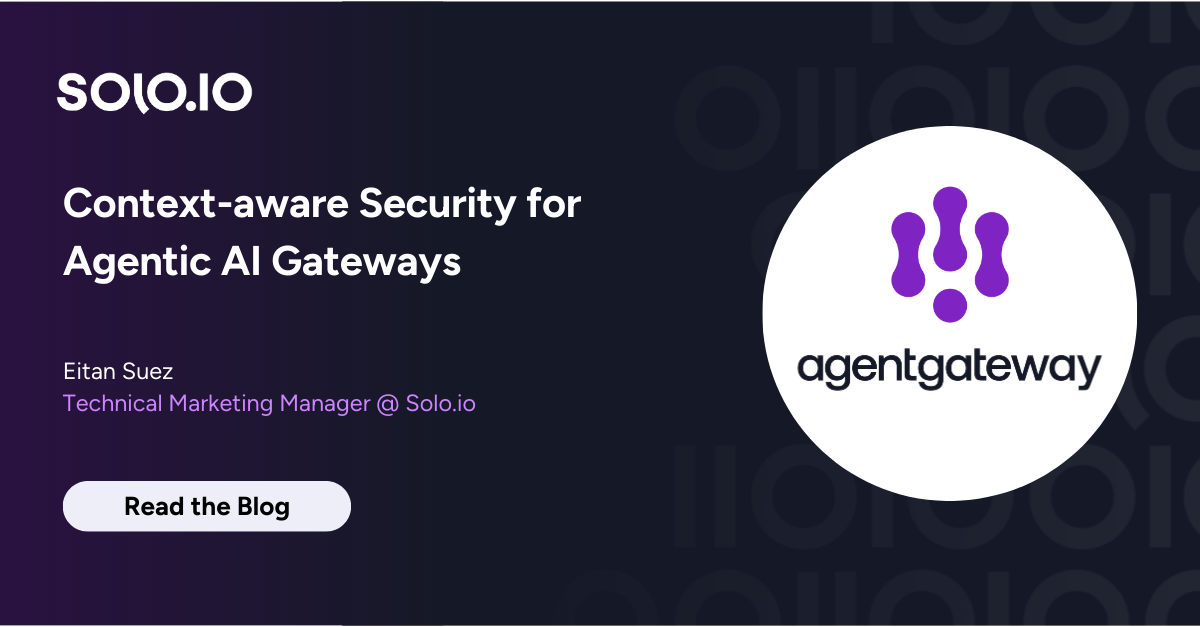


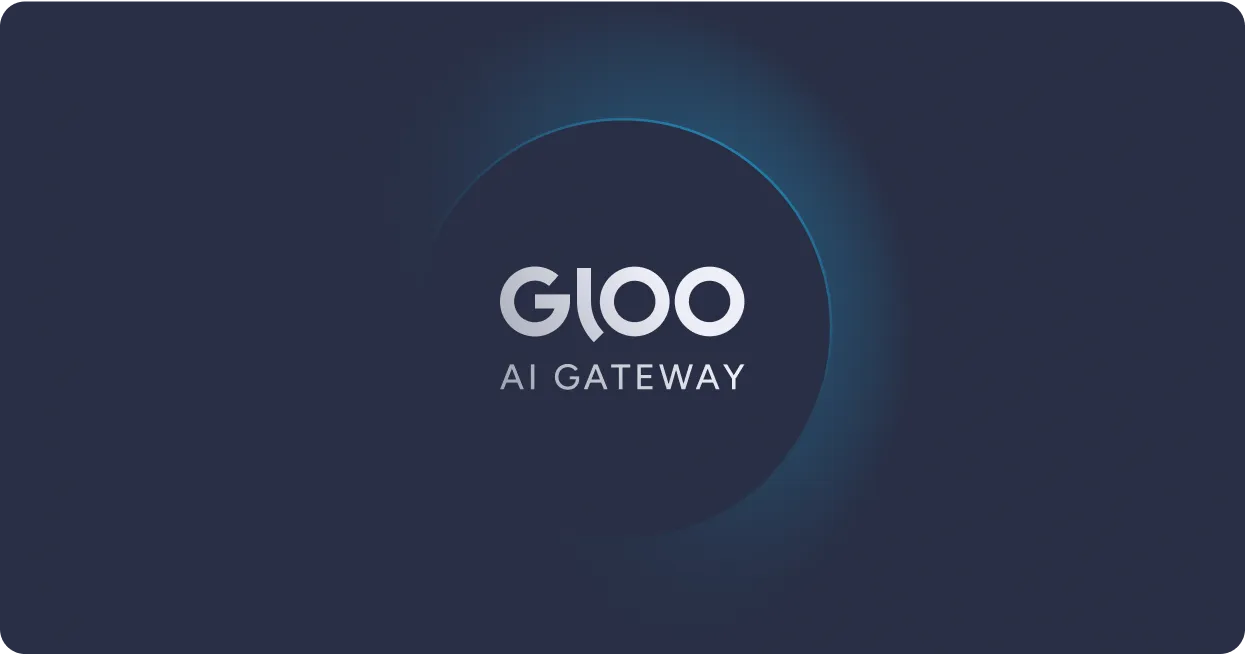


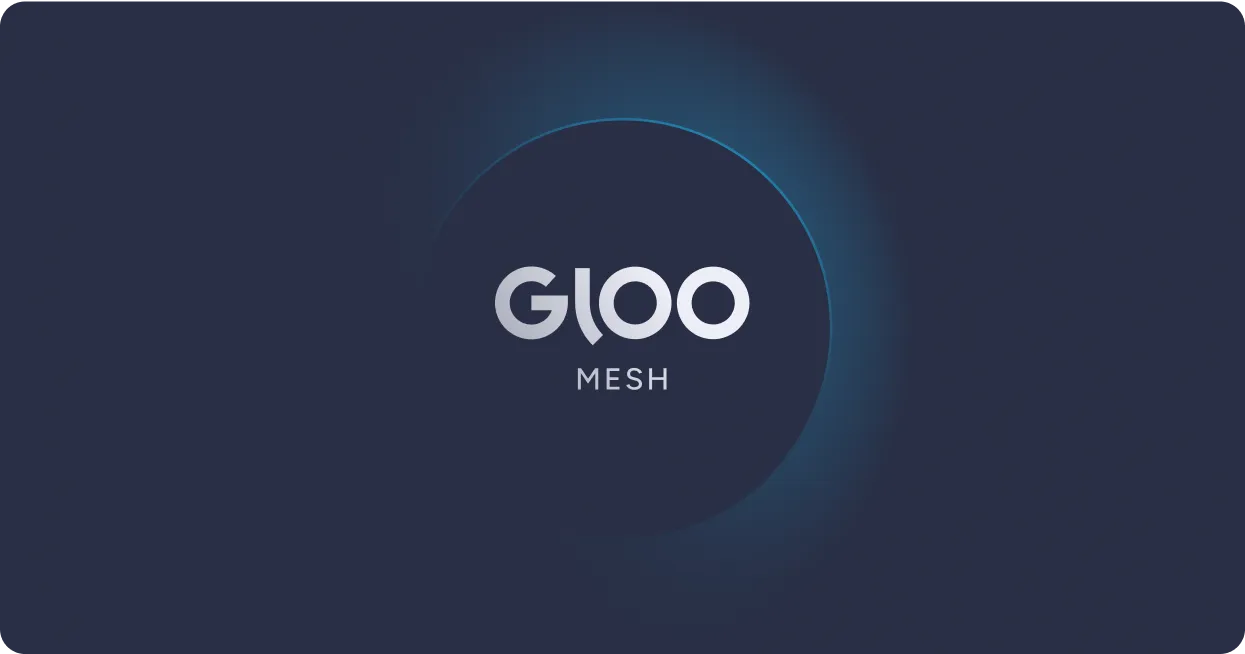

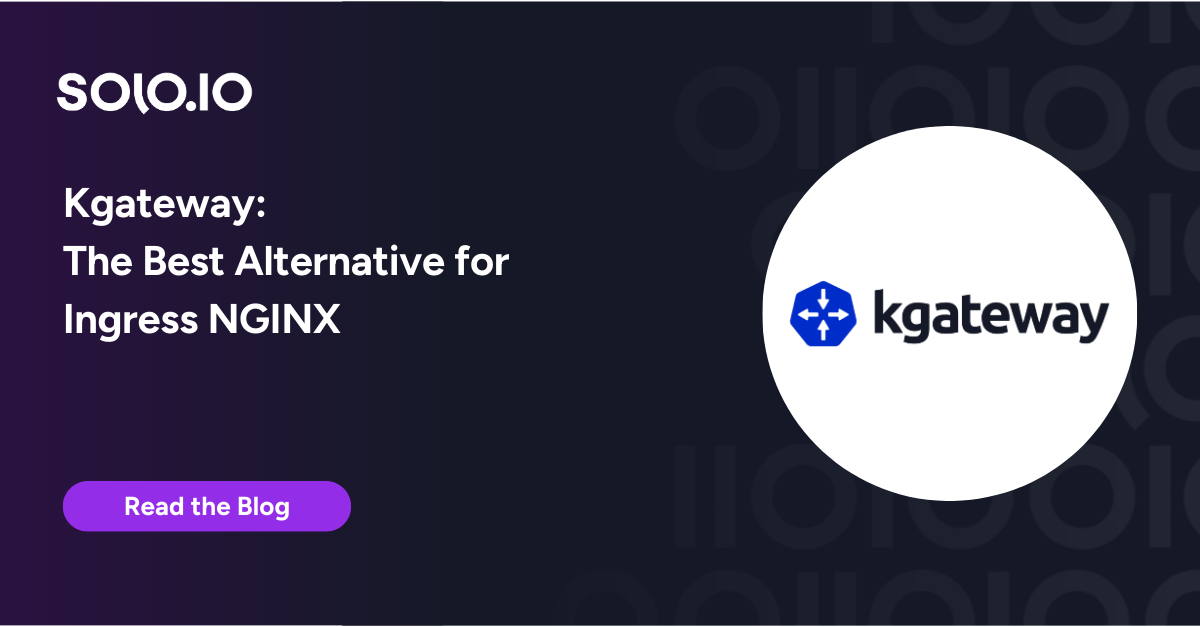
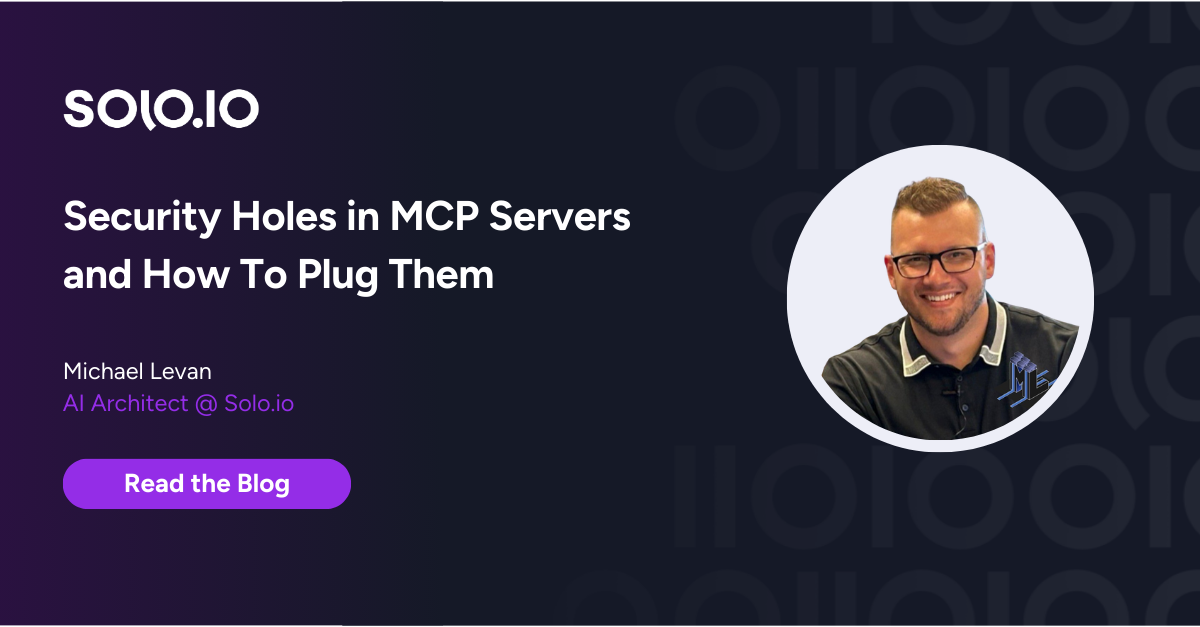
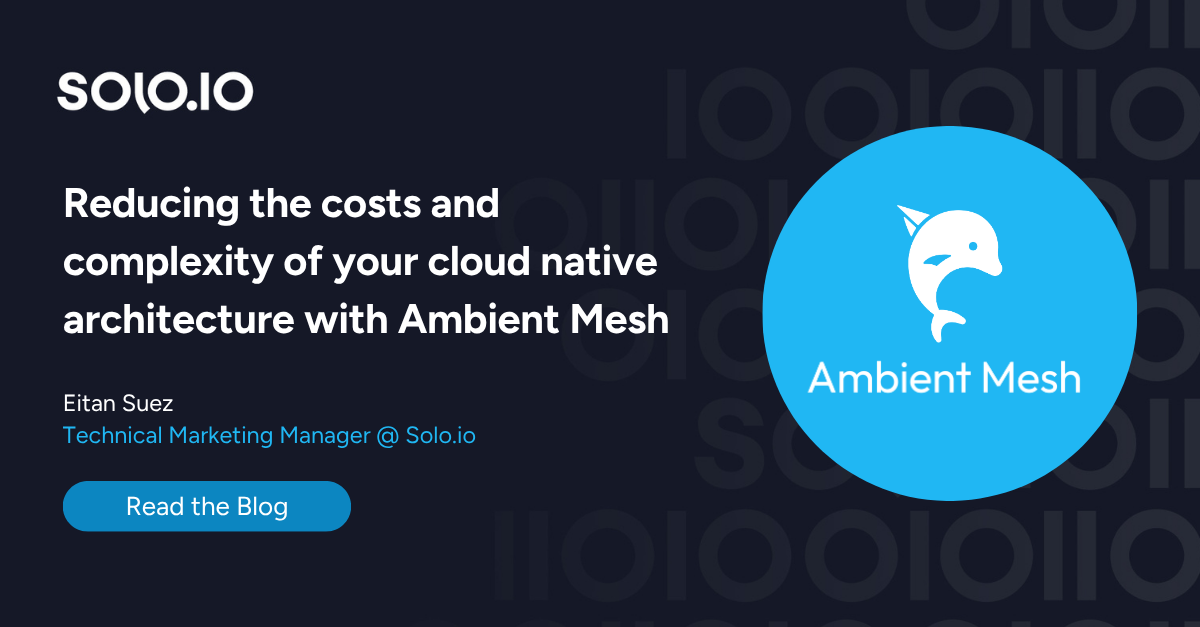
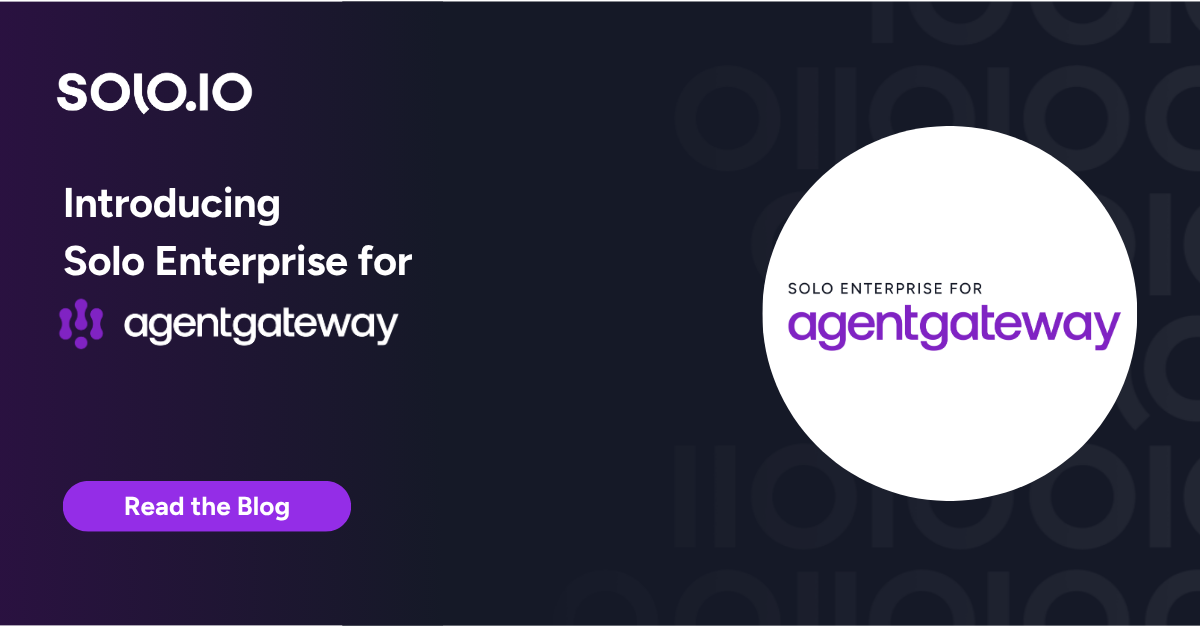
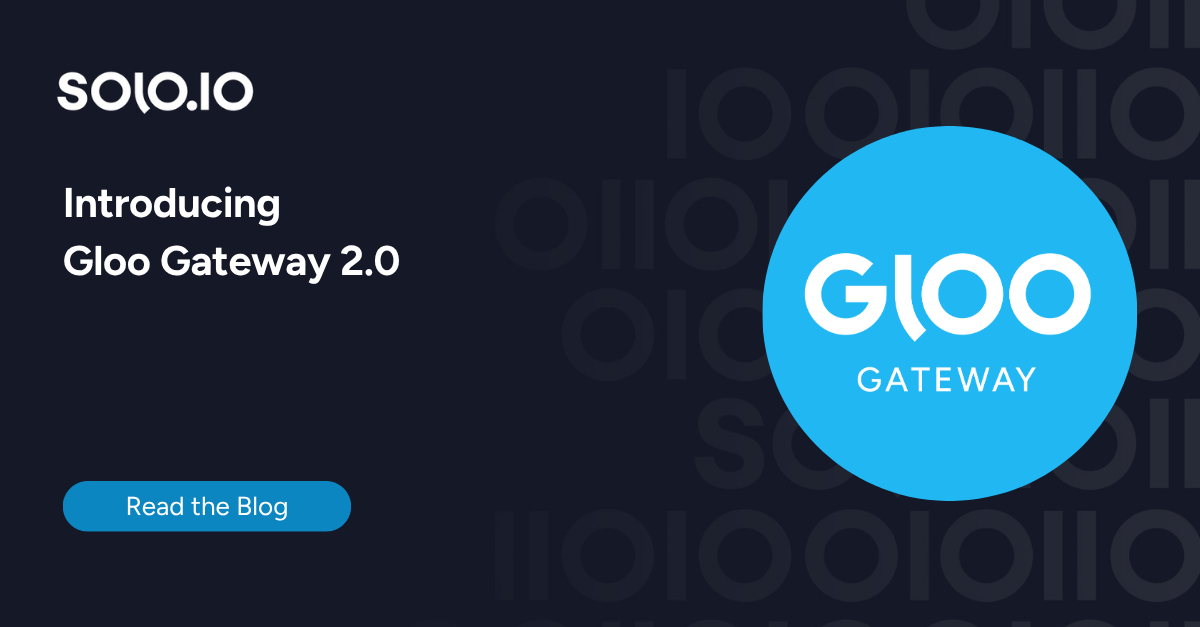
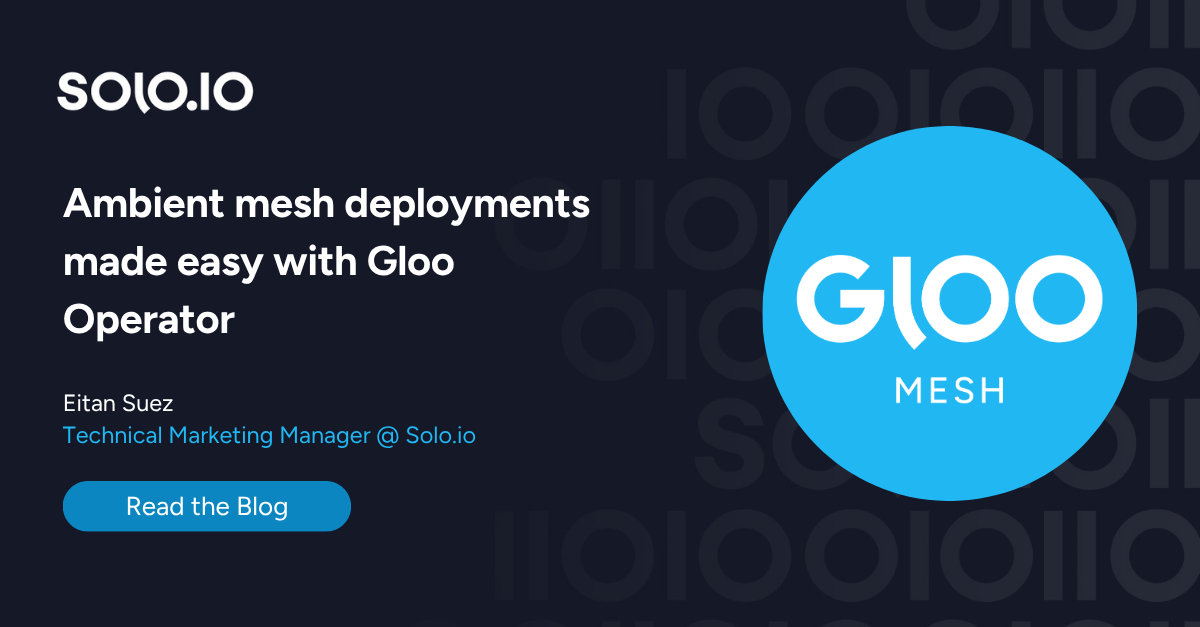
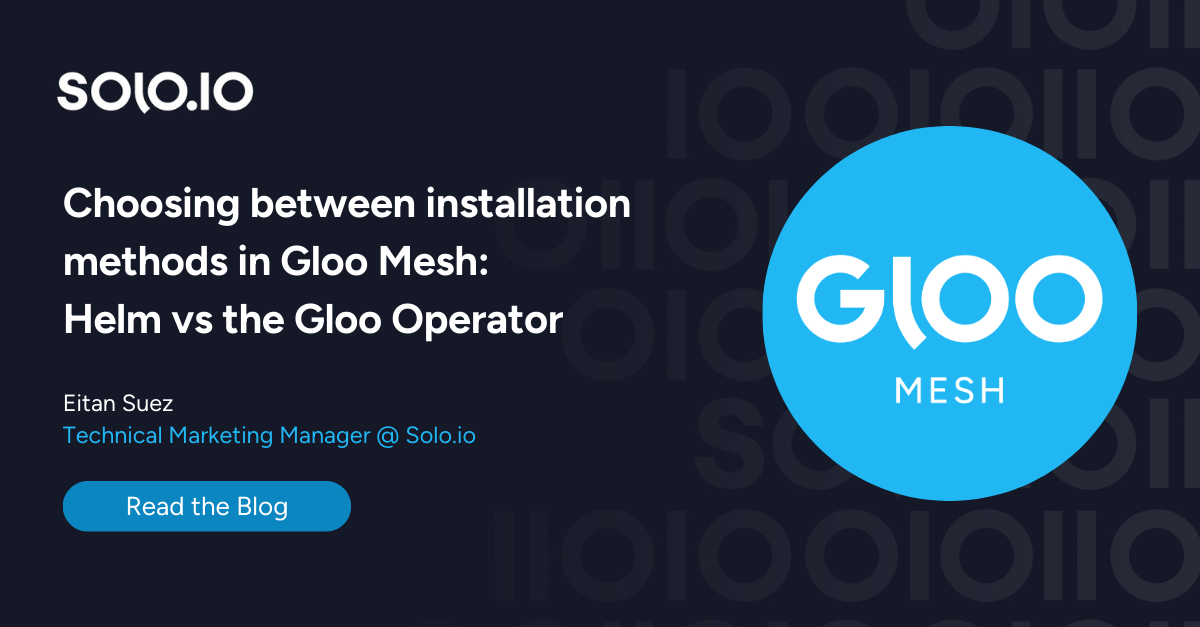


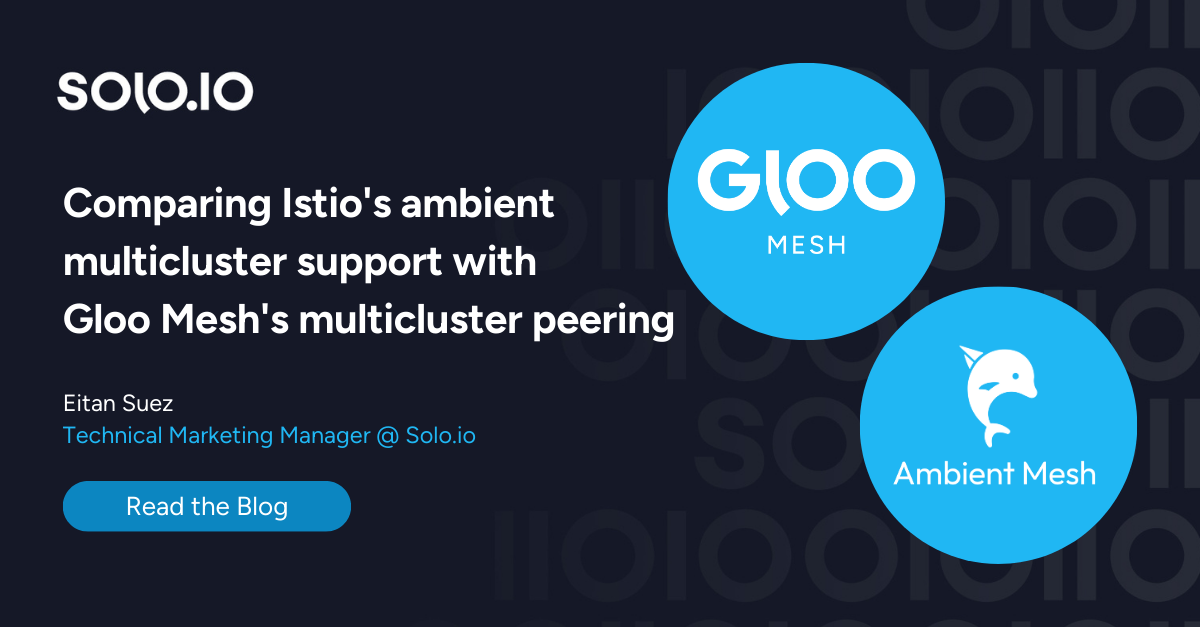


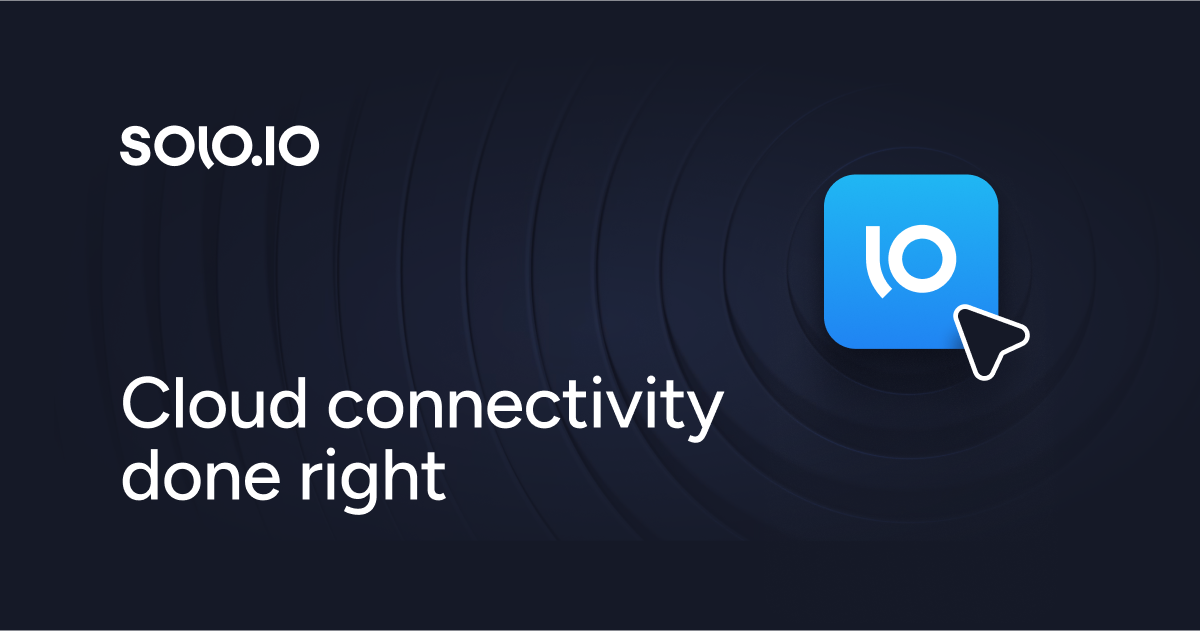
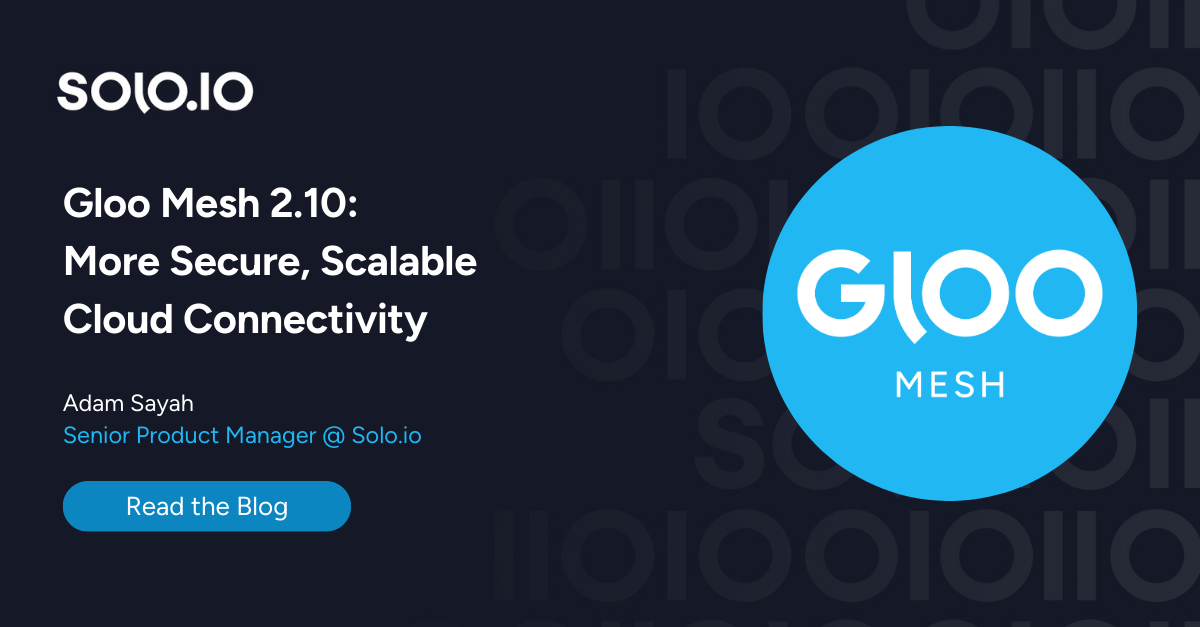
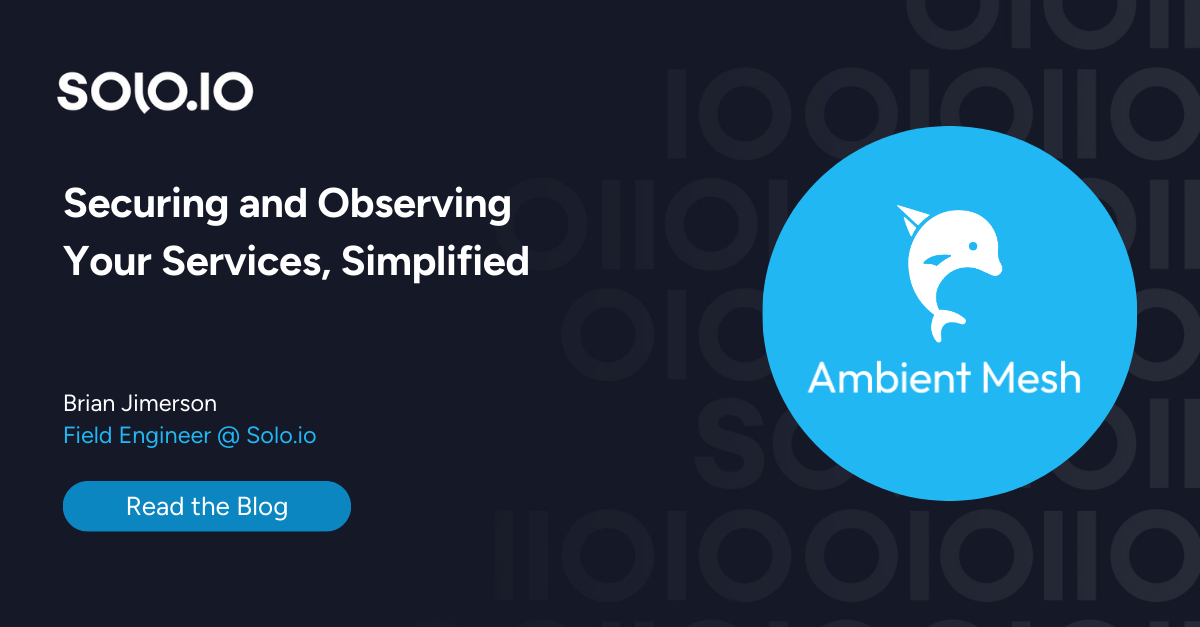
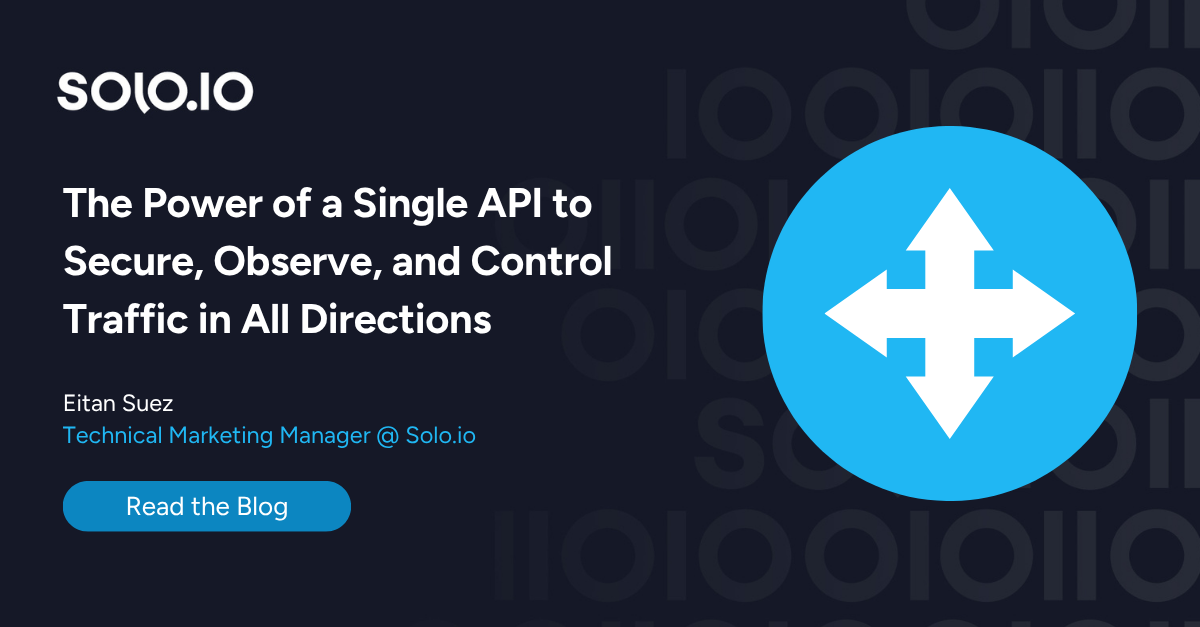
%20a%20Bad%20Idea.png)
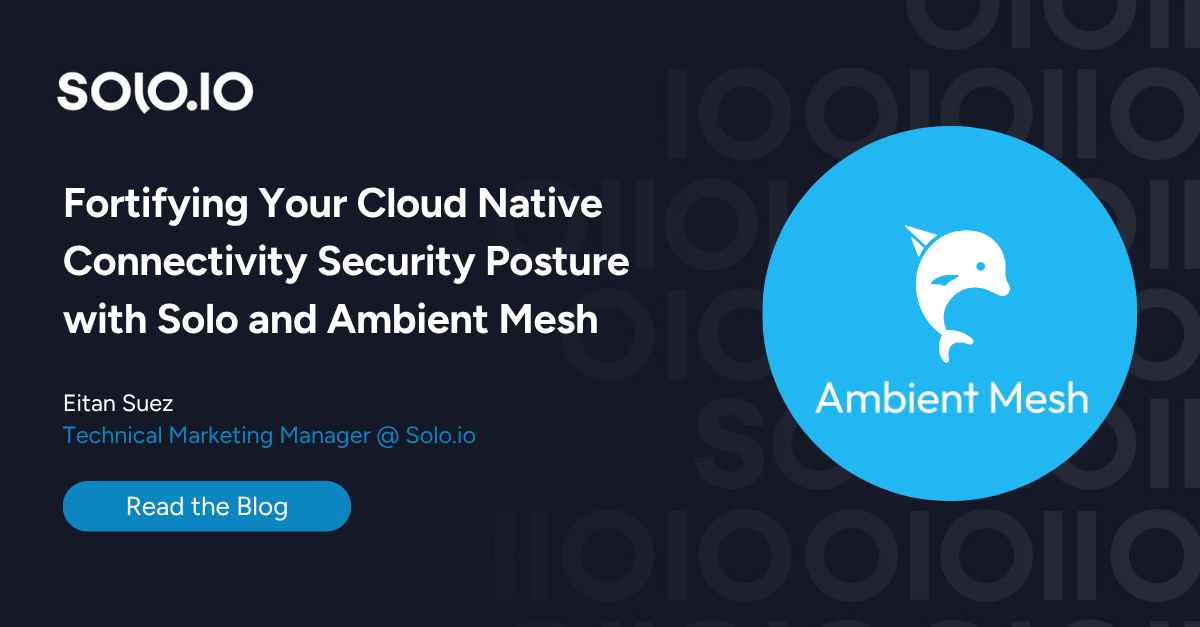
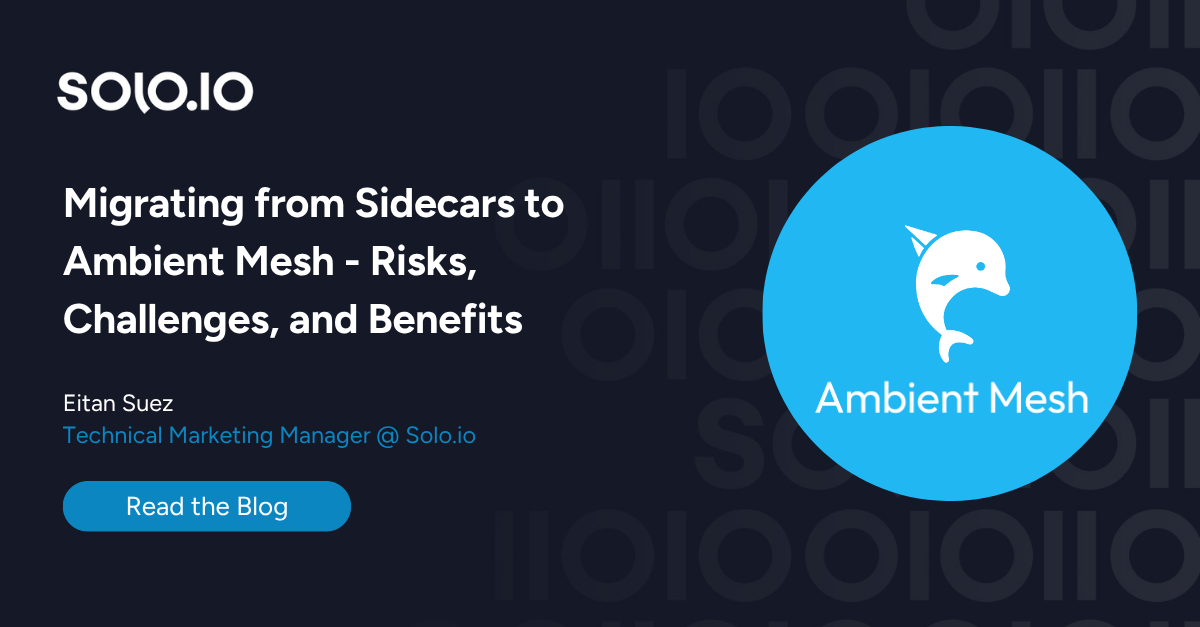









%20For%20More%20Dependable%20Humans.png)











